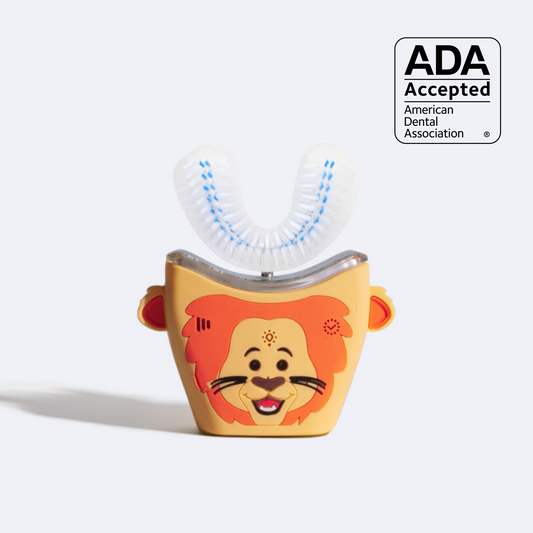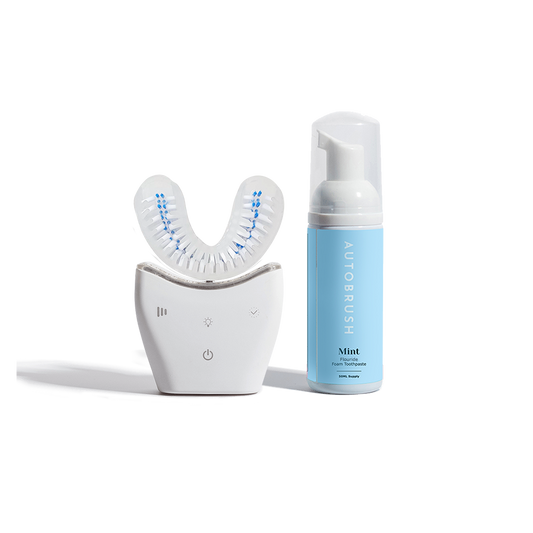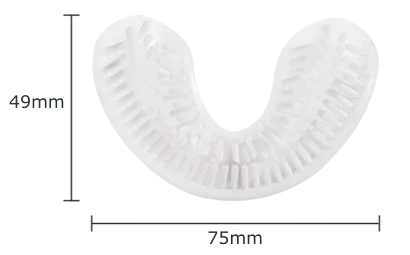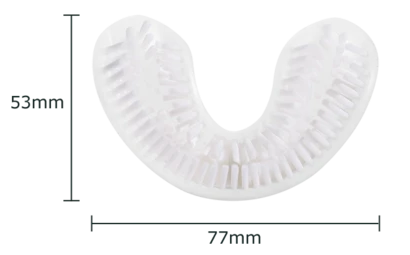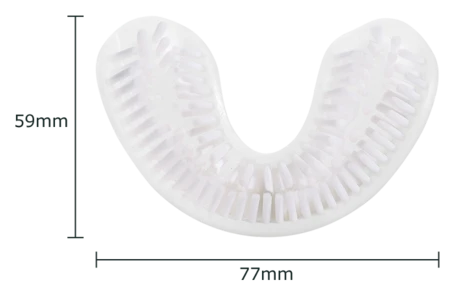Eating disorders are often considered as a lifestyle choice or coping mechanism. Little did they know that these can lead to severe or potentially fatal physical and psychological illnesses.
Anorexia nervosa and bulimia nervosa are the two most recognized eating disorders. One of the complications of eating disorders that are seldom ignored is the impact they can have on your dental health.

Anorexia Nervosa
Anorexia is an eating disorder characterized by abnormally low body weight, an intense fear of gaining weight, and a distorted perception of weight which then follows a severely limited diet. As a result, sufferers become physically and mentally weak.
Bulimia Nervosa
A bulimic individual engages in a cycle of binge eating and purging. Purging can take various forms, including forced vomiting, fasting, taking extreme quantities of diuretics and laxatives, and prolonged or excessive exercise.

Eating Disorders’ Effects on Oral Health
People with anorexia starve themselves to the point that it deprives the body of the nutrients it needs to allow for living a healthy life. This could lead to various complications:
- Gums and other soft tissue inside your mouth may bleed easily due to the lack of proper nutrition.
- Food restriction often leads to nutritional deficiencies. Nutrients that promote oral health include calcium, iron and B vitamins.
- Recurring vomiting leads to strong stomach acid repeatedly flowing over the teeth. The tooth’s enamel can be lost and teeth can change in color, shape and length, becoming brittle, translucent and weak.
- Degenerative arthritis within the temporomandibular joint (TMJ) in the jaw is a dental complication often associated with eating disorders.
- Purging can lead to redness, scratches and cuts inside the mouth, especially on the upper surface commonly referred to as the ‘soft palate.’
- A frequent binge-and-purge cycle can cause an enlargement of the salivary glands. Enlarged glands can be painful and are often visible to others, which can lead to emotional distress.

In both diseases, it is urgent to treat the underlying causes that lead to anorexia and bulimia as well as the dental problems resulting from them. While a dentist can correct the deteriorated tooth enamel or other dental issues, he or she cannot treat the actual eating disorder. Should you have an eating disorder —or think you might —talk to your physician.


















